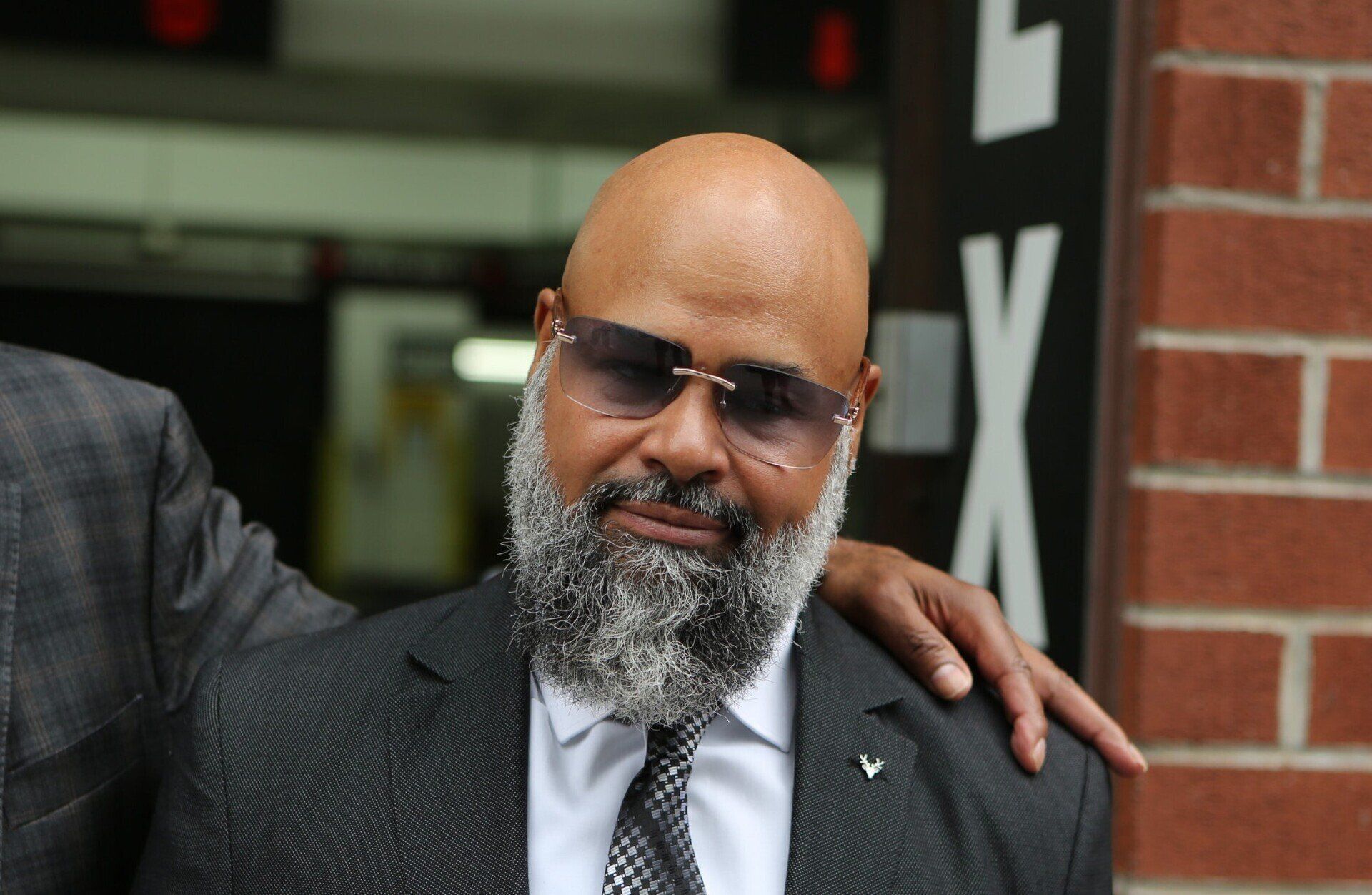The Lasting Trauma of the Exonerated - The Marshall Project
Proving innocence is just the first step of the exoneration process

Perhaps the most widely known story of legal exoneration is the Exonerated Five; New York City teens of color who were all convicted of in the 1989 rape of a Central Park jogger. All five were wrongfully incarcerated for 6-14 years before their exoneration in 2002 after another man confessed to the crime. Few people remember there was a sixth man who was a defendant on the initial indictment. A man named Steven Lopez accepted a plea deal for a lesser charge before trial and served about three years in prison. Though his justice came much later, Lopez was finally exonerated last month by Manhattan District Attorney Alvin Bragg.
The Exonerated Five case amplifies that even in widely publicized cases that gain national attention, the system is geared much too easily to allow wrongful convictions, especially on persons of color, against crimes they never committed. Black Americans make up half of all exonerees, despite being only about 13% of the nation’s population.
Even after the arduous effort that goes into overturning a wrongful conviction is done and justice is indeed done, the road to whole exoneration doesn't end there. In a study by Psychology Today, nearly 80% of these innocent people reported having experienced at least one traumatic event (physical or sexual assault, for example) while in prison. Half of the study respondents reported significant mental health symptoms consistent with Post-traumatic stress disorder and/or major depressive disorder, which are rates higher than found in combat veterans. Researchers in that study also noted that the trauma suffered was irrespective of the time spent incarcerated, suggesting that even brief periods wrongfully incarcerated creates a deep and long-lasting impact on mental health.
Though monetary compensation is frequently provided to wrongfully convicted individuals, collecting it is often a slow and cumbersome process. Additionally, there doesn't appear to be a positive impact on the lingering and lasting mental health symptoms that arise from wrongful convictions. Money can certainly help, to be certain, but does little to restore people to their former selves, leading to continued problems gaining support and dealing with the societal imbalances persons face on leaving institutional life.
When society and individual communities fail to adequately support these individuals, we prolong their undeserved suffering, and no amount of money, services, or apologies can return lost years of an innocent person’s life. The solution is and will always be the reform of the system before a wrongfully convicted person is forced to spend a single day behind bars.
You can read "It’s Crushing”: The Lasting Trauma of the Exonerated" at The Marshall Project.










